Immunisations are an efficient way to administer vaccines to babies and toddlers to boost their immune system. Vaccines act as a barricade against common diseases that affect babies. They offer global protection from common diseases like polio, cholera, measles, and smallpox.
For decades, immunisations have been able to safeguard children's health worldwide. Aside from their protective attribute, they're cost-effective and are easily accessible at no cost or a subsidised rate at government-owned facilities, primary health care centres, outreaches, private clinics etc.
As a new African immigrant mum, keeping track of immunisations and settling in the United Kingdom can be a herculean task. You might be wondering how to continue receiving immunisation for your baby after your move to the UK. This guide will answer your most frequently asked questions and keep you updated on all vaccination schedules.
Can I continue immunisation for my baby in the UK?
As an African immigrant mum, ensure to go with your immunisation schedule card from your country. Show your doctor or nurse, and they'll educate you on the next steps on immunisation for your baby.
Your baby will be screened and checked for any underlying health issues before their immunisation commences. They'll also ask you about you and your baby’s medical history before your baby can successfully receive vaccines.
What types of vaccines do they give babies in the UK?
Whether you just moved to the UK as an immigrant parent or you gave birth in the UK, ensure to register with your local health provider. They'll educate you on all the available vaccination options and schedules for your baby.
Here is a quick summary of immunisation for your baby at different stages:
8 weeks;
The following vaccines are administered as two injections and drops in the mouth.
- Diphtheria
- Tetanus
- Polio
- Pertussis (Whooping cough)
- Hepatitis B
- Rotavirus
- Haemophilus influenzae type b (Hib)
- Meningococcal group B (MenB)
12 weeks;
The following vaccines are given as two injections and drops in the mouth.
- Tetanus
- Hepatitis B
- Men B
- Polio
- Diphtheria
- Pertussis (Whooping cough)
- Hib
16 weeks:
These immunizations are administered as 2 injections only:
- Diphtheria
- Tetanus
- Pertussis
- Polio
- Hib
- Hepatitis B
- Men B
12 months:
- Measles, mumps, rubella (MMR)
- Pneumococcal disease
- MenB
- Hib/Meningococcal group C (MenC)
How will I know my baby is due for immunisation?
Your doctor will send you an appointment to bring your baby for a round of immunisation. Also, check in regularly with your healthcare provider to stay current. Note that all childhood immunisations are free in the UK.
What to expect from your baby’s first vaccination appointment as an immigrant mum in the UK
The health care system might be slightly different in the UK compared to your country. Here are a few things to expect in your first immunisation appointment:
- The doctor or nurse will explain the process to you.
- You can ask any questions you have concerning the vaccine and your baby.
- If your baby has previously received the vaccine before moving to the UK, notify them.
- If not, your baby will be injected with the vaccine either in their thigh or upper arm, except the rotavirus vaccine. It's given as mouth drops.
- Ask questions about post-immunisation care. Do not self-medicate your baby without consulting your clinic.
- Wait for your next appointment.
What happens if I miss an immunisation appointment?
If you miss your appointment or cannot make it, you can book a new appointment with your GP (General Practitioner). Some vaccines, like rotavirus vaccines, can only be given to babies up to 15 weeks and cannot be given no later than 24 weeks. Ensure to plan appropriately.
Moving to a new country with a baby isn't an easy task. Immunisations are critical to your baby's overall health in the future. Remember to carry your previous immunisation card showing all the vaccines your baby has received before your move. Your healthcare provider will decide if your baby needs extra immunisation.


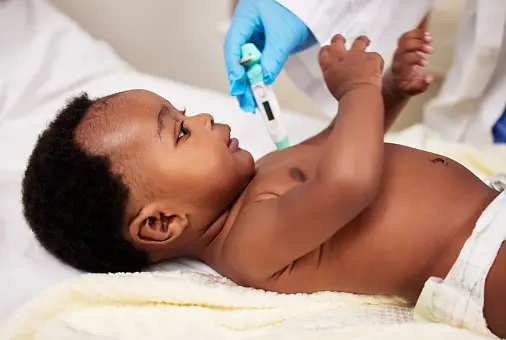


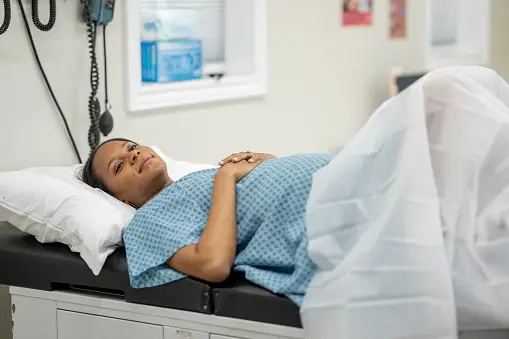
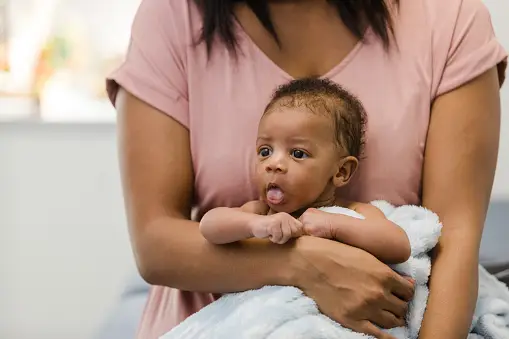
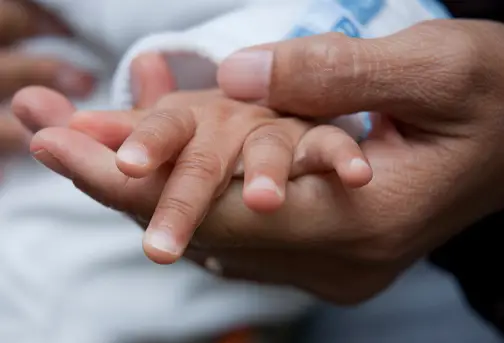
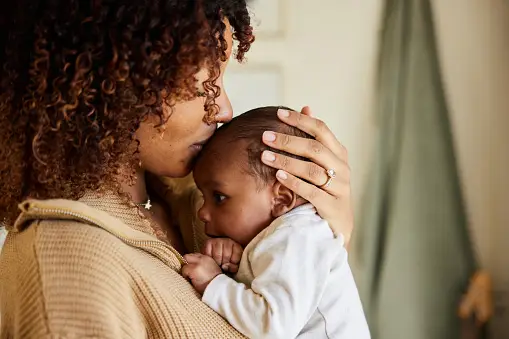

Comments